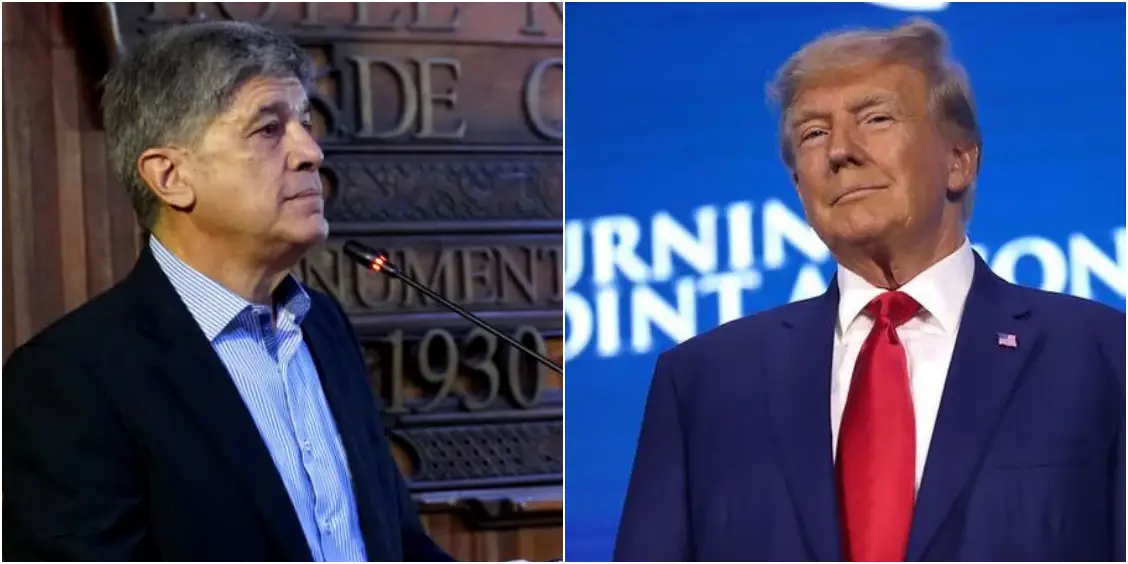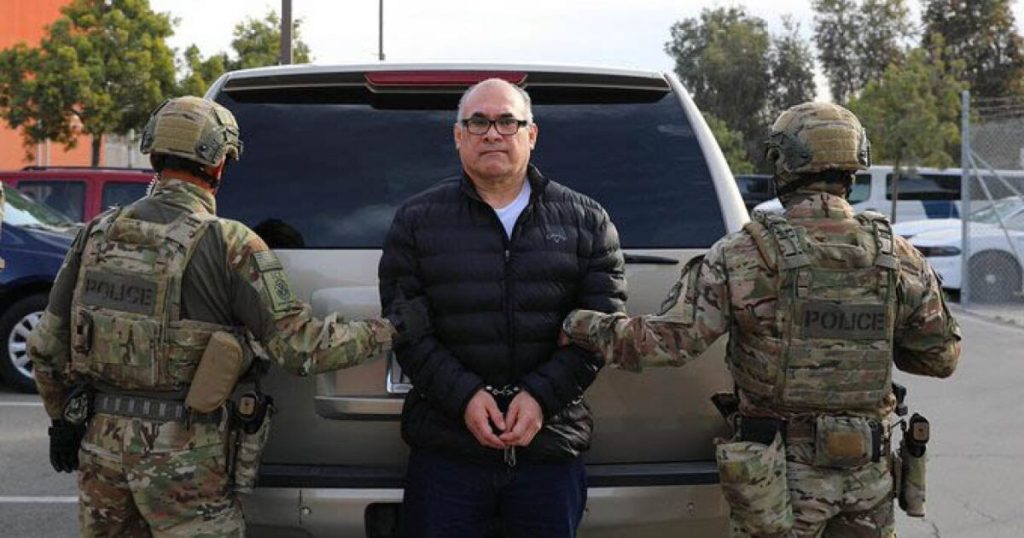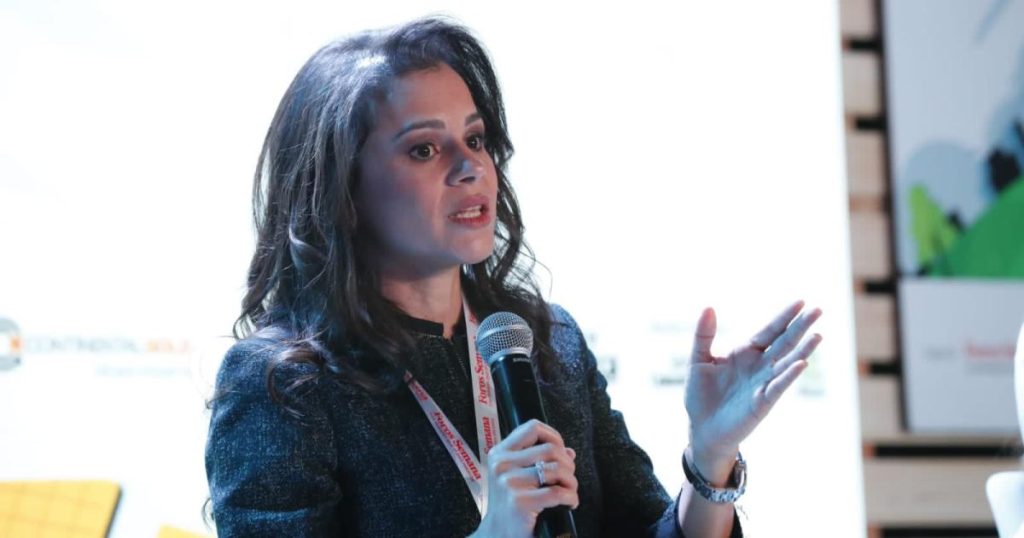MIAMI, United States. – The Vice Minister of Foreign Affairs of the Cuban regime, Carlos Fernández de Cossío, denied this Tuesday that the island’s leaders feel “uncomfortable” with the possibility of a greater political rapprochement with the United States, although he acknowledged that Havana does “ concerns” the second term of Donald Trump, which will begin on January 20.
“Of course we are concerned about the effect that greater US hostility may have on our economy, and in particular, the effect that greater US hostility may have on the standard of living of the population.” Fernández de Cossío stated before the press this Tuesday.
His statements took place within the framework of a forum held on the occasion of the tenth anniversary of the beginning of the so-called “thaw” between Washington and Havana.
The official showed confidence in the regime’s resistance: “We know that we will be able to survive. In four years the Trump administration will be over and Cuba, socialist Cuba, will be here,” he said.
Regarding Joe Biden, Cossío regretted the continuity of the sanctions imposed by his predecessor, as well as the decision not to remove Cuba from the list of countries sponsoring terrorism.
On the other hand, the regime’s vice minister rejected the idea that the island’s authorities felt uncomfortable during the rapprochement promoted by Barack Obama, as suggested by the former US ambassador in Havana, Jeffrey DeLaurentis, in statements to the EFE agency.
Cossío also insisted that Havana always maintained its “will to move forward,” even without the lifting of the economic embargo. “The euphoria that existed in our country, the support of our people and the willingness to move forward more than reliably demonstrate Cuba’s will,” he stated.
About 20 days after the presidential elections in the United States, held on November 6, Cuban leader Miguel Díaz-Canel stated that Havana was “prepared” and willing to “dialogue on equal terms” with Washington, but without making concessions that would affect the foundations of the system and appealing to “creative resistance.”
“For us the results of these elections are not new results. It was a predicted scenario, it was a probable scenario, and we had been preparing for that scenario,” Díaz-Canel declared during a visit to the municipality of Lajas, according to the official newspaper report. Granma.
On the same day as Díaz-Canel’s statements, the Minister of Foreign Affairs, Bruno Rodríguez Parrilla, wrote on the social network: “The results of the elections in the US were a probable scenario for which Cuba is prepared. “We have extensive experience in confronting imperialist aggression, evidenced in these 65 years of Revolution.”
“As we have always done, we will maintain our cordial relations with the American people and the willingness to dialogue, on equal terms, with the US government, despite the totally asymmetric bilateral relationship and the blockade that has been imposed on us by 62 years,” Rodríguez added.
Before his electoral victory, the campaign donald trump announced that, if elected president again, the Republican would have three demands for the Cuban regime.
As Jaime Florez, Communications Director of the Trump campaign, told the journalist in mid-July Mario J. Pentonof Martí News, The next US president would ask the leadership of the Cuban Government to release the political prisoners, in the first instance.
“All political prisoners must be released immediately without any type of reluctance or condition,” Florez told Pentón, within the framework of the Republican National Convention, in Milwaukee.
The candidate’s spokesperson referred, secondly, to a call for free elections, with the participation of different political parties and with international observation.
Third, he added that Trump would demand that the regime stop “continuing to export its failed revolution to other Latin American countries.”
To the extent that these measures are met, he noted, relations between Cuba and the United States will be normalized.















